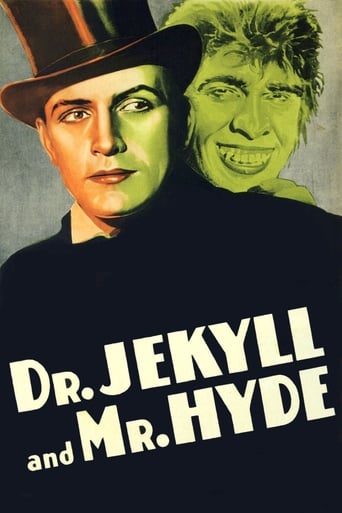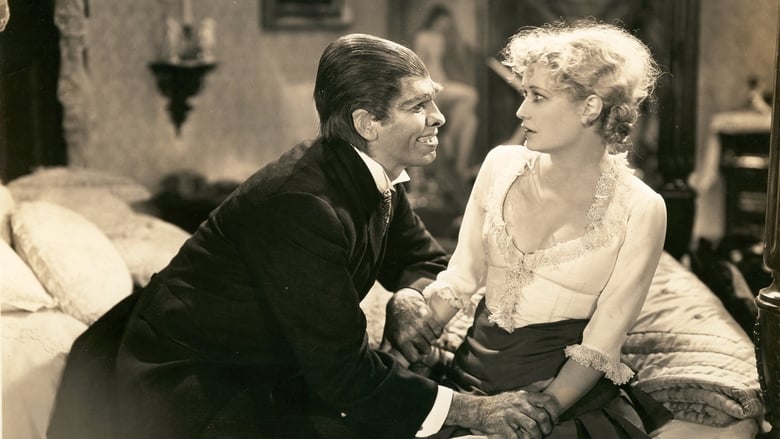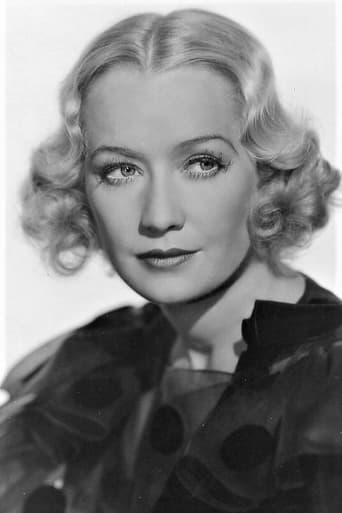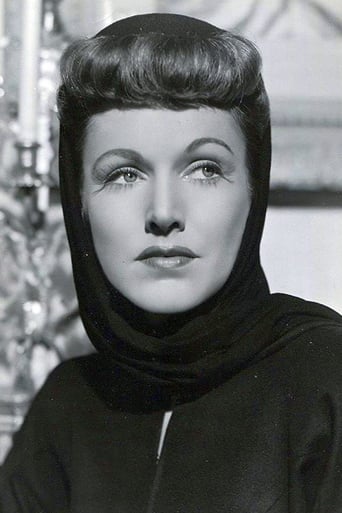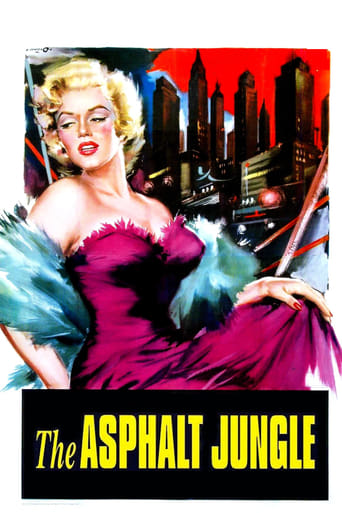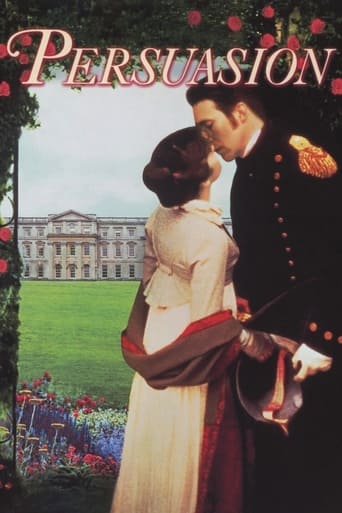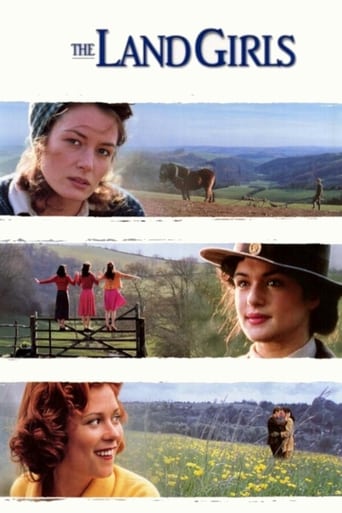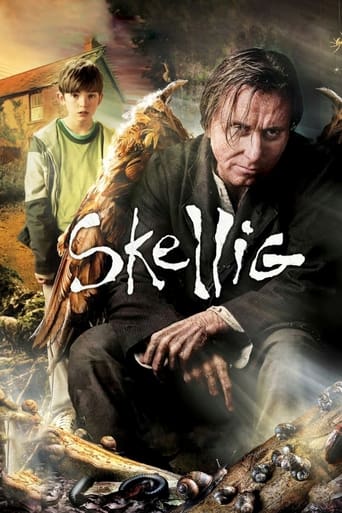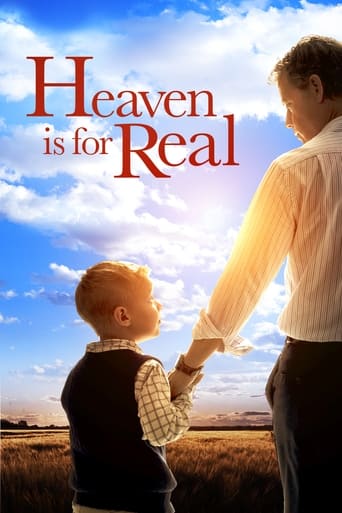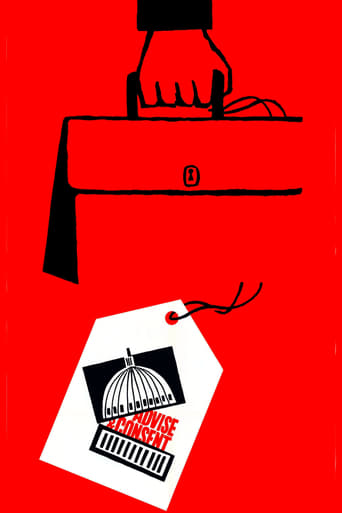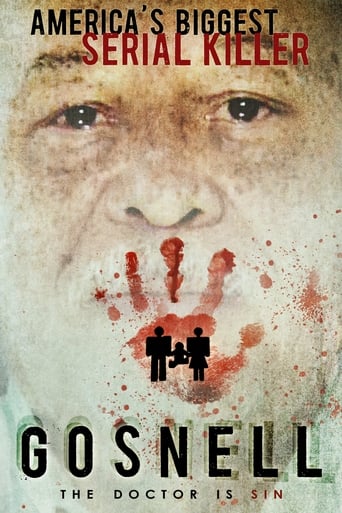Dr. Jekyll and Mr. Hyde (1931)
Dr. Henry Jekyll believes that there are two distinct sides to men - a good and an evil side. He believes that by separating the two, man can become liberated. He succeeds in his experiments with chemicals to accomplish this and transforms into Hyde to commit horrendous crimes. When he discontinues use of the drug, it is already too late.
Watch Trailer
Cast


Similar titles
Reviews
Very disappointing...
To me, this movie is perfection.
Captivating movie !
When a movie has you begging for it to end not even half way through it's pure crap. We've all seen this movie and this characters millions of times, nothing new in it. Don't waste your time.
The 1932 version of Dr. Jekyll and Mr. Hyde is easily the most famous and revered film adaptation, and for good reason. Not only was it spectacular at the time it was made, but it also balances the perfect amount of symbolism and scariness as the story requires.There are different interpretations of the story, but this one puts a great emphasis on sex, reminding me in a way of Splendor in the Grass. Fredric March is engaged to Rose Hobart, but her father forces them to have a long engagement. Freddie doesn't want to wait, but Rose keeps asking him, very suggestively, if he'll wait. Even though this movie is pre-Code, there are still some lines it didn't choose to cross, so it's symbolically suggested that Freddie loses his mind because he can't control his hormones. He turns into Mr. Hyde because his animal instincts take over, and his alter-ego takes him right into the arms of a prostitute, Miriam Hopkins. Miriam has a very interesting character. She's not exactly a "hooker with a heart of gold", but she has the perfect amount of sweetness and spunk to her character that would tempt someone whose hormones are going berserk. Miriam does a very good job in the film, but it's Freddie who shines, earning his first Academy Award. If you've seen a more modern version, please check this one out. I'm sure you'll love it. The makeup, special effects, and direction make the transformation scenes extremely frightening and realistic. Rouben Mamoulian's direction was groundbreaking at the time, frequently using split screen to show the split personality of Fredric March. This is one of those classic films, like the original Frankenstein or The Hunchback of Notre Dame that stands the test of time, no matter how many remakes are made.
The genius of Robert Louis Stevenson's is to have immortalized through "The Strange Case of Dr. Jekyll and Mr. Hyde" the internal (and eternal) battle of the forces of good and evil. The story was bound to become a myth, providing a metaphor as classic as the good and bad angel whispering conflicting advice. And Hollywood didn't wait for the talkies to tackle the subject, John Barrymore played the iconic figure in a 1920 classic. But it's the 1931 version, directed by RoubenMamoulian but most often referred to as the "Fredric March" version; that became the staple. While it's only fair to identify the movie from the character playing the lead because this is the aspect upon which relies the film's suspension of disbelief (one man but two opposite personalities), the directing of Mamoulian contributed to the film's overall impact and not just on the special effects' department. The opening alone with the subjective camera conveyed perfectly the universality of the story, we don't see Jekyll because we are Jekyll, talk about a tone- setting masterstroke.Now about Fredric March: his performance as Jekyll/Hyde earned him one of the earliest Oscars ever, establishing a long love story between the Academy and 'split' performances. Astonishingly, March doesn't play different personalities but polar opposites that make you believe they're generated by the same psyche. When March is Jekyll, you can sense some passion boiling inside his soul, when he's haranguing his students with his theories or courting his fiancée (Rose Hobart), he's like letting off the passion, a passion that comes from a tree we suspect to provide more rotten fruits. And Jekyll's speech allows him to verbally express what his performance induces, he believes we all have guilty thoughts and impulses, and maybe we're never as good as we're capable to resist the bad temptations, in the fight between good vs. evil, we are what we choose to be. There are several religious undertones, many people practice religion on a "thou shall not" basis, and even in Islamic culture, a bad action comes is a whisper from the devil. Jekyll is convinced of his power to separate between the two parts of one personality as you do with chemical products, in other words: he's playing God and displays one defining facet of his personality: hubris. And Hyde has nothing to do with it. Jekyll is strong-minded and so brave he resists the temptation by yielding to it and drinks his own potion. 1931 was the year of "Frankenstein", "Dracula" and there was no reason for "Dr. Jekyll and Mr. Hyde" to be a visual disappointment. In the first mirror scene when Jekyll turns into Hyde, I expected some transitional cuts but it was so smoothly done I really felt he was changing. Animation can do it easily, but Malmounian came up with one of the most impressive special effects I've seen in an early movie. But the focus isn't just on the transition, the face also makes a statement about the nature of Hyde. The face develops a more tanned aspect and becomes hairier, more simian looking with huge teeth and large nostrils, which is not about the bestiality of Hyde but his Neanderthal look, he's not a beast but he's our ancestor, a man freed of the conveniences of good society and capable to express his lust and violence the hard way. He contradicts all these pompous Victorian men stuck in the hypocrisy of rigorous etiquette and reveal indirectly Jekyll's own impulses. When he desperately tries to convince his father-in-law to be (Halliwell Hobbes) to marry his daughter, in fact, he secretly wants to kick the old man's ass and go 'consume' his relationship. That's what's eating him. That's how I felt it anyway from March' performance.But how about a woman who literally gave herself to Jekyll? I'm speaking naturally of Ivy Pearson, the real heart of the film, played with emotional density by Myriam Hopkins. She falls in love with Jekyll after he rescued her from some brutish thugs and when she can see that he's attracted, she tempts him. Jekyll embraces her, kisses her but then pulls himself together and leaves her. Was it because of the providential intrusion of Pr. Lanyon (Holmes Helbert) or because he had to wait for Muriel for months? Whatever the reason is, there's name for the bitterness in Jekyll's mind: frustration. Jekyll can handle it but Hyde wouldn't have none of it. In a story all based on a metaphor, even the conflicting forces are symbolized through one character and they fantastically collide over the course of the film.Now, the directing deserves a mention. Yes, special effects do justice to the story and exude that Gothic atmosphere from Victorian or Dickensian London and the distorted ominous shadows in the fogs but Malmounian does more. Afire with the thrills of the story, he uses split screens many times to remind us the leitmotif of duplicity, some boiling water illustrates Jekyll's impulses and what can you say about the sight of Hopkins making her ankle swing and the image slowly fading out but still transposed with the face of March, playing like a ticking bomb. Fritz Lang couldn't have done it better.And 1931 wasn't just the peak of expressionist cinema, it was the pre-Code period, which is perhaps why this version is so superior to the remake. Myriam Hopkins personifies the sexual temptation Jekyll is describing and once he becomes Hyde, he gets at her as if she was the incarnation of this temptation, forgetting that it was Jekyll's goodness that attracted her. As if the duplicity wasn't just in the actions but the reactions, quite a comment on society's hypocrisy.Indeed, the story holds up very well today, as for the ending, well, we know hell is paved by the good intentions, Jekyll's were excellent, but hubris... no one plays God and gets away with it.
It's one of the most famous pieces of literature ever written, a genius piece of story telling from the trippy mind of Robert Louis Stevenson. That it has consistently been ripe for film and stage adaptations, and continues to be so since it first surfaced in written form in 1866, is testament to what a devilishly intelligent piece of work it is.This 1931 version, directed by Rouben Mamoulian and staring Fredric March, may not be 100% faithful to the source, but it's arguably the finest adaptation to screen, led by a superb performance from March and featuring technical guile by Mamoulian and his team. It's wonderfully stylish, and coming as it did before the Hayes Code, it's sexy and dangerous, awash with terrifying cruelty, with the subversive and Freudian psychological beats making for a Gothic horror classic.Split personality a go go, inhibitions cast asunder, Dr. Jekyll and Mr. Hyde is priceless. 8/10
This is a great movie. It is one of the best horror movie ever made. Dr. Jekyll discovers man has two souls. A good soul and an evil soul. He tries to divide to two souls. He creates a formula that turns him into a monster that is his evil self. It starts to take him over. Do not think that because this movie is old that it is not scary. It is one of the scariest movies ever made. Based on one of the best horror stories ever told. This movie is a must see. It has a great story line. It also has great acting. It also has great special effects. This movie is very intense. It is one of the best horror movie ever. I need more lines. And I am running out of things to say.

